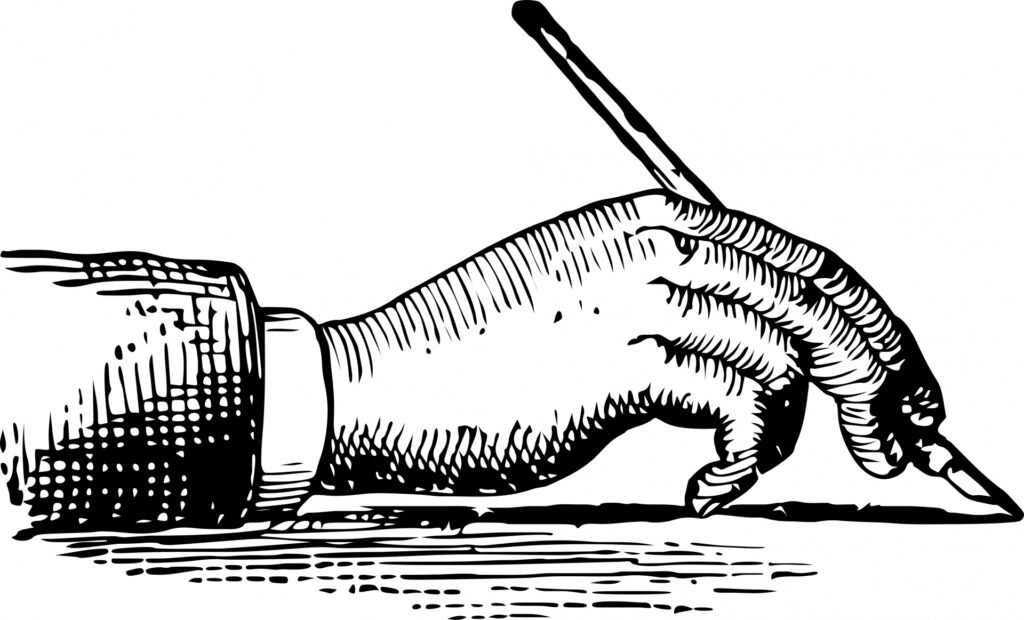Contents
Activity 1: What is an argument?
Write down your definition.
Activity 2: Read about arguments
Review this document on arguments:Arguments Please note that it is 3-pages long. Suggested: take notes. Use them when you take the quiz and when you work on this week’s post.
Activity 3: Extra Credit on arguments
Here are some exercises on arguments. Optional: post your answers on Blackboard for +50 points on Post 5.
Activity 4: What is happiness?
Suggested: write down your thoughts.
Activity 5: Watch a TEDTalk on happiness
Watch this TEDTalk by Barry Schwartz titled “The Paradox of Choice:” Suggested: write down the speaker’s conclusion and premises.
Activity 6a: read option 1 article OR
Read this New York Times article titled “You Try To Live on 500K in This Town” by Allen Salkin. (Suggested: write down the conclusion and several premises.)
OR
Activity 6b: Read option 2 article
Read this CNBC article titled “From the ‘perfect’ salary to keeping up with the Joneses, here’s how money really affects your happiness” by Cory Stieg. (Suggested: write down the conclusion and several premises.)

Activity 7/ Conversation 5:
You have watched The Paradox of Choice by Barry Schwartz /TEDTalk and read at least one of the Money and Happiness articles. Select one of the articles so that you can focus on the TEDTalk and one of the articles.
For each source, state the author’s/ speaker’s conclusion and their premises.
Next, create your own argument about this topic. Use evidence from all 2 (or 3 if you wish) sources. For example, you could argue that money doesn’t guarantee happiness. Or you could agree/ disagree with one of the authors, restate their premises, and add your own premises.
Respond to at least 1 classmate. Comment on their argument: do you agree or disagree, is there enough evidence, etc?
Activity 8: Can you now identify a conclusion of an argument?
Find out by completing this very brief assessment.
